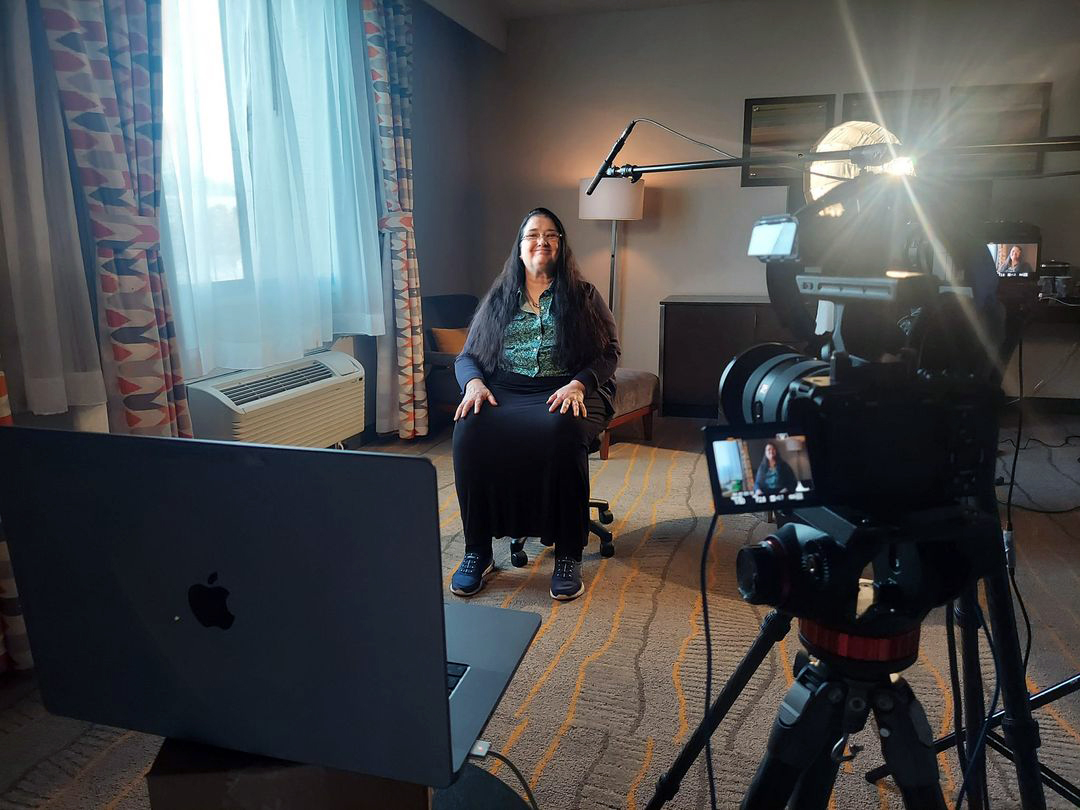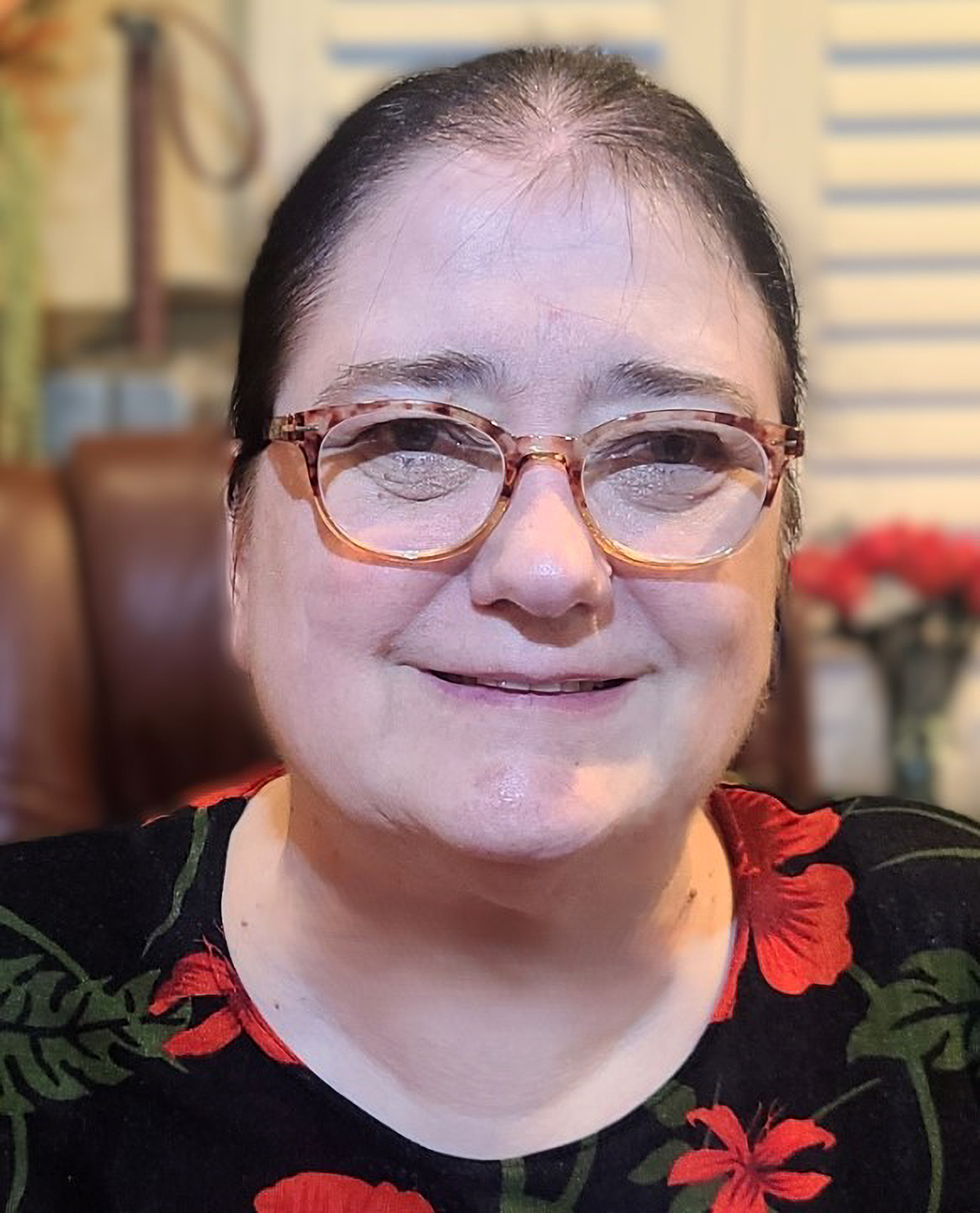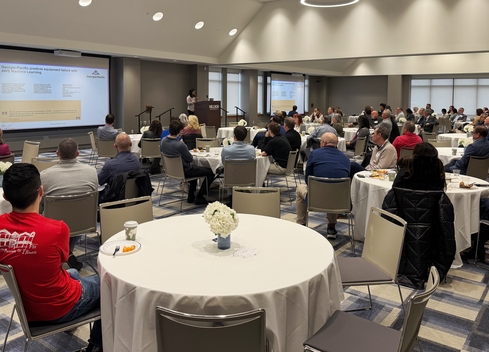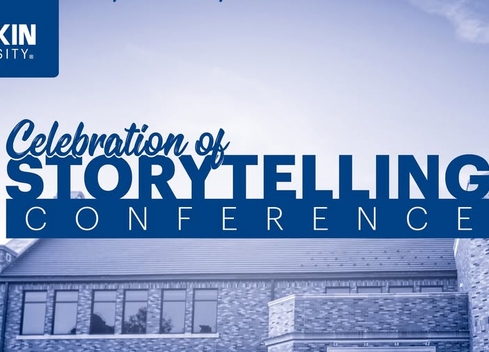DNA Detective: Dr. Kemi Curry Price

-
By day, Dr. Kemi Curry Price ’78 works as a physician to restore healing to underserved communities in southern California. But when her shift ends, she trades her stethoscope for DNA databases that help solve cold cases and ensure justice is served through her efforts as a genetic genealogist.

Dr. Kemi Curry Price Dr. Price, of Whittier, Calif., began her journey into genetic genealogy a decade ago, following a lifelong interest in family history. After investigating her own family tree, including her DNA matches, Dr. Price found herself pondering how this kind of research could be leveraged differently.
-
- I remember thinking there should be a way to reverse engineer the relationships between DNA matches to help identify unknown individuals,” Dr. Price said. “Over time, I taught myself what is now known as genetic genealogy.
— Dr. Kemi Curry Price, Class of '78 -
Genetic genealogy combines DNA testing with traditional genealogical research methods to identify biological relationships between individuals. After learning this new skill set, Dr. Price found herself in high demand.
“Once I taught myself how to identify unknown individuals, there was no end to the number of people who wanted my help,” she said. Dr. Price’s husband, Robin John Price, was her biggest champion and the source of a connection that would soon point Dr. Price’s research in a new direction.
One of Robin’s friends reached out to Dr. Price in 2019, wishing to identify his paternal grandfather. As part of this effort, he uploaded his DNA to several match sites, including GEDmatch, opting to allow law enforcement access to his DNA matches. Dr. Price was listed as the contact in GEDmatch, leading to a very interesting string of events.
The friend’s DNA identified him as the distant cousin of an unknown perpetrator of a cold case in New Mexico. After conversations with law enforcement officials assigned to the case, Dr. Price was asked to assist with the investigation thanks to her experience with genetic genealogy.
The task set before her was particularly difficult, since she began her research process with only a single DNA match, as opposed to several.
“I just had the one match, who happened to be the family friend. I identified his paternal grandfather’s family pretty quickly and built out the [family] tree,” Dr. Price said. “He matched the perp at the third cousin level, which means [the two shared] great-great-grandparents.”

Dr. Kemi Curry Price The only details Dr. Price had about the case included where and when it took place, along with a general description of the perpetrator. When comparing the time of the crime with the presumed age of the perpetrator, she narrowed the birthdate to the late 1990s, which required her to build the family tree back to that era.
“I wound up with a tree containing 6,500 people,” said Dr. Price. “After eliminating sections of the tree that did not match both Robin’s friend and the perpetrator, she was able to identify a branch of the family tree that had witnessed significant violence in the home. It was at that point Dr. Price’s other career stepped in to help with the search.
“I had learned, as a physician, that children who grow up in abusive households can grow up to commit violence on others,” Dr. Price said. “I contacted the investigator and recommended that one of the surviving sons [be investigated as] the perp.”
Additional research into the family revealed that the youngest son lived a short distance away from the crime scene, and his driver’s license photo bore a striking resemblance to a sketch provided by the victim.
Investigators were able to track down the suspect and intercept a discarded coffee cup for DNA testing. “I received a text the day after Christmas in 2019, letting me know there was a DNA match,” said Dr. Price. “Best Christmas present ever!” The perpetrator was subsequently prosecuted and convicted; he is now serving time in prison.
The case garnered a lot of attention, as it was the first cold case in New Mexico to be solved using genetic genealogy. Since that time, genetic genealogy has rapidly grown as a tool in the solving of cold cases, including that of the Golden State Killer, who was finally apprehended and convicted more than 40 years after his crimes.
Five years after playing such a significant role in solving the New Mexico case, Dr. Price was contacted in January 2024 by the producer of “Bloodline Detectives,” a documentary series that explores the power of genetic genealogy and other forensic technology in bringing justice to unsolved crimes.
-
- [The producer asked] me to talk about my work on the case. I agreed and found myself being filmed the following week,” Dr. Price said. “I readily admit I am more at ease working with facts and figures than with lights and cameras. I give a lot of credit to the producer, the cameraman and the sound tech for making the experience comfortable.
— Dr. Kemi Curry Price, Class of '78 -
While Dr. Price enjoys her work as a physician and has found it very rewarding, her genetic genealogy research is one of her passions, and the unique nature of those tasks keeps her engaged. “Each case is different and may require a different approach for one reason or another,” she said. “That keeps things fresh.”


